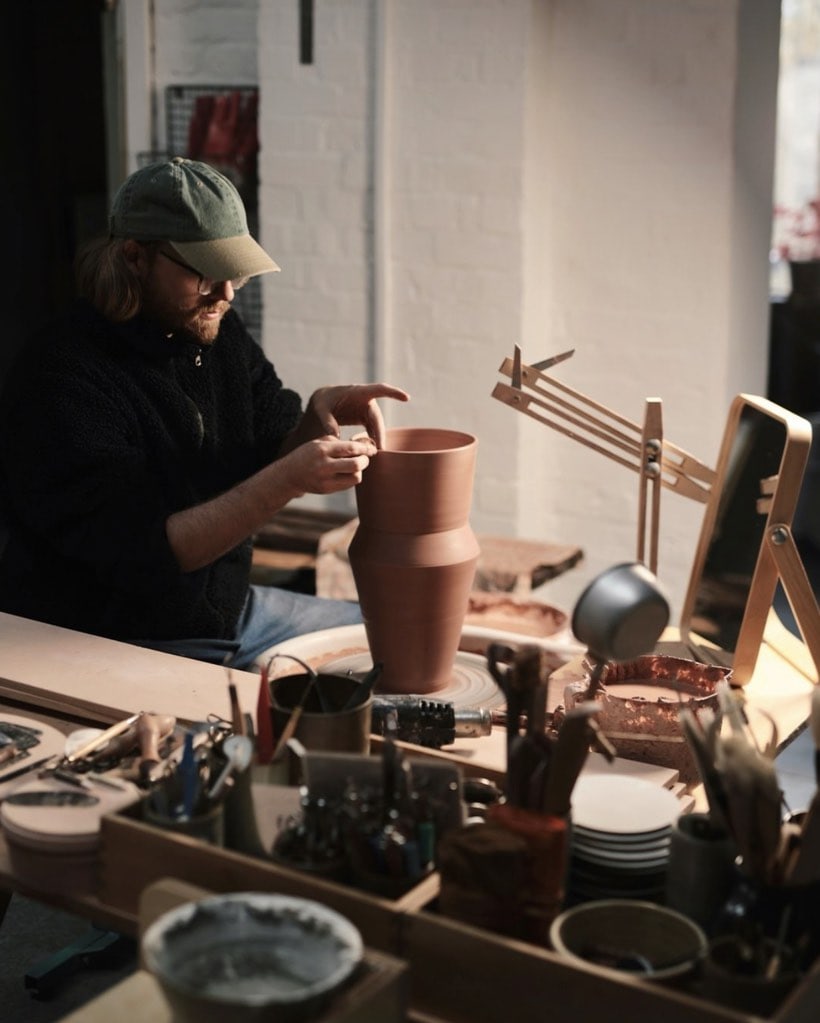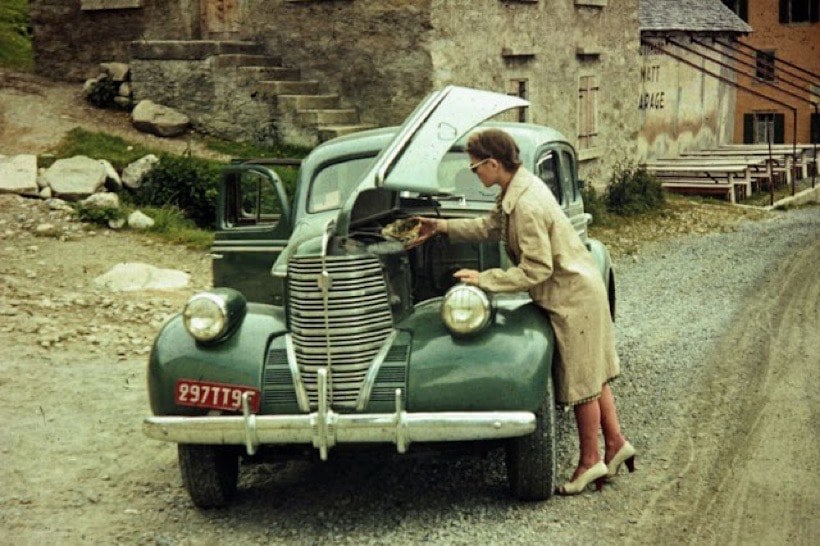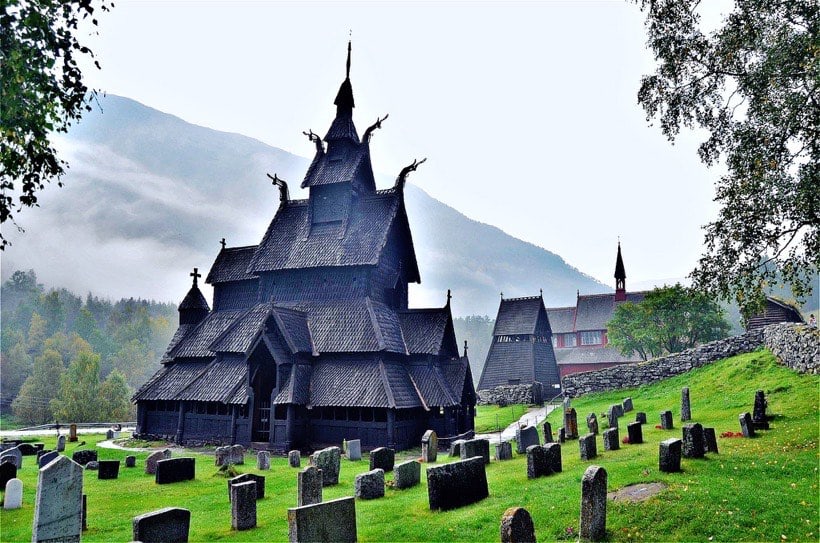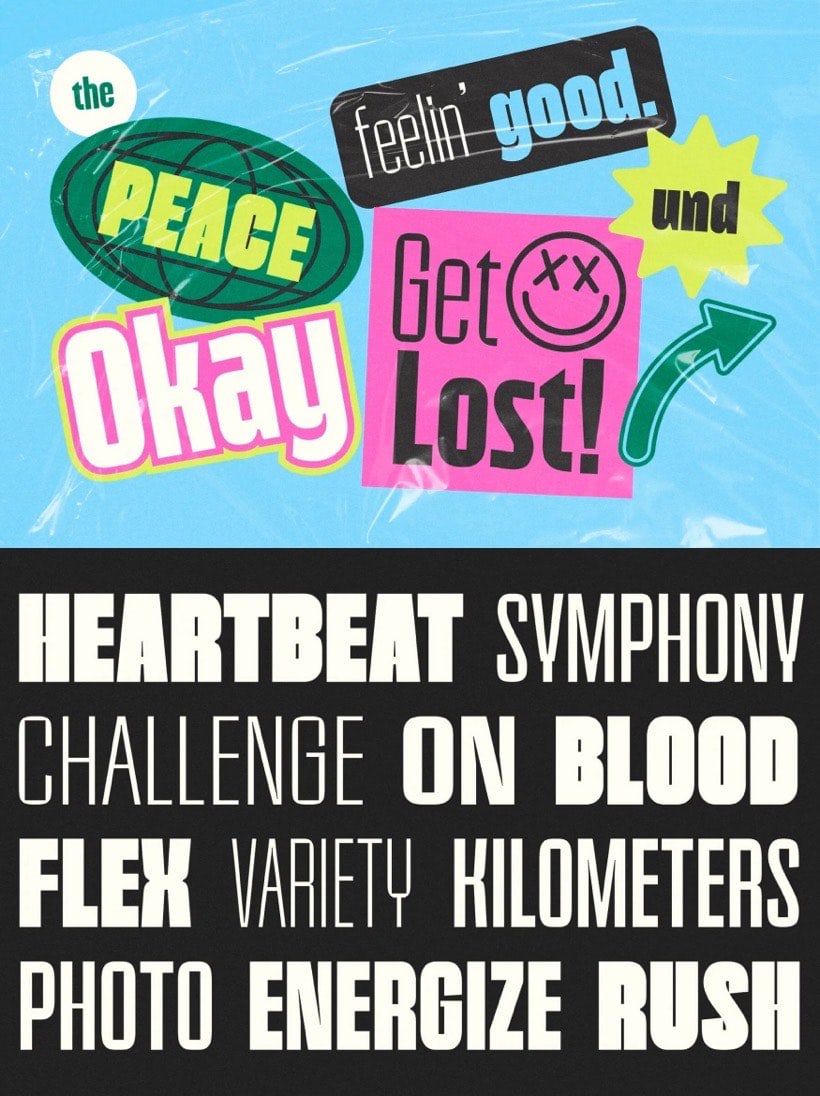 |
| |
|
|
|
I really enjoyed reading this piece by Rosie Spinks about the challenges of maintaining low-stakes, in-person friendships once you’re in your 30s and 40s. This quote from psychotherapist Esther Perel really struck a chord:
“Modern loneliness masks itself as hyper connectivity. And so people have easily 1000 virtual friends, but no one they can ask to feed their cat. … [In the past] the majority of the people learned to play freely on the street. They learned social negotiation. They learned unscripted, unchoreographed, unmonitored interaction with people. They fought, they made rules, they made peace, they made friends, they broke up, they made friends again. They developed social muscles. And the majority of these very same people’s children do not play freely on the street.”
How can there be an adult version of playing freely on the street when almost every new technology of the last two decades has been about removing human friction from our lives?
Between grocery deliveries, online dating and working from home, we rarely experience the kind of friction with other people that challenges and thereby strengthens our social muscles. Meanwhile, our existing friendships feel more and more like another chore to manage. Scheduling a catch-up often means playing calendar ping-pong to find a date so far away, it may as well not happen at all.
In this interview, a dear neighbour of mine describes the impromptu interactions that happen on our street as ‘spontaneity of social life’, and points to housing density as an influencing factor:
“The density is what comes with [inner-city living] and what density means for me on a day-to-day basis is cups of tea at 9:30pm without planning. It’s spontaneity of social life. I don’t have to plan to catch up with friends. Friends with kids can put their kids to bed and we can go and hang out with them with no plans. So I have a life that is less regimented because I don’t have to organise every social interaction. I think that’s been something that I probably didn’t understand before moving here, but it’s been really extraordinary.”
How we design cities (including suburbia) matters. As I’ve mentioned in DD235, the typical nuclear family home/neighbourhood often sets the default against community and for isolation. Bigger lots, larger houses, higher fences are not exactly conducive to neighbourly togetherness. I’m reminded of Jeremy Williams’ essay: every child now has their own trampoline, while the public playground around the corner is falling apart.
To rediscover these low-key, place-based relationships, we need to make a conscious effort to allow friction back into our lives and be more mindful of what deserves our attention. Rosie Spinks:
“I think we have to choose to go into situations where we don’t know how they might pan out. Be willing to talk or engage with people who don’t share the carefully calibrated views that we broadcast online. In addition to making the effort with friends – new, old, promising acquaintances – and asking for the kind of help and support we need, as well as providing it in return. These are all muscles we need to rebuild.
“But in order for this all not to feel like yet more admin, it’s crucial to remember we are not machines. We need to make changes to regain the capacity to show up for these kinds of interactions and relationships. I know if I want to be available for more of the kind of recurring, place-based relationships where I can give and receive support, that means I have to be less available for other things. Mostly, the shiny things inside my phone that loudly insist someone else, somewhere else, is doing or saying or something I should know about.” – Kai
|
| |
|
Help me reach 150 new Friends in February!
83 of 150 goal
We’ve passed the halfway mark of my yearly ‘Friends in February’ drive. Would you consider becoming a Friend of DD, too? Friends of DD enjoy a list of unique benefits, including more personal updates from me and the option to hide ads.
You receive this email because you subscribed to Dense Discovery, a weekly newsletter with the best of the internet, thoughtfully curated. Writing to you from Melbourne is Kai Brach. Do you have a product or service to promote in DD? Find out more about advertising in DD.
|
| |
Rewire Your NeurobiologySPONSOR
|
Apply for the Spring Cohort
|
|
This five-week online bootcamp will equip you with evidence-backed protocols to cultivate greater calm & agency over your internal state. During training you will learn how to rewire maladaptive stress responses, increase your capacity for focus and improve your sleep. Use code KAI for a $250 discount. Applications close March 15.
|
|
| |
Apps & Sites
|
|
If you work a lot with data – whether it’s coming from a database like MySQL, a CSV file or marketing tools like Google Analytics – Equals functions as a connected spreadsheet and lets you pull information from different sources into a flexible interface where an AI assistant makes analysing and reporting data easier.
|
|
Image renaming/search tool
|
|
This macOS app will automatically rename your screenshots with a descriptive name of what you see in the screenshot. Using AI, it also enables you to find specific content in those images with a simple keyword search.
|
|
Nature soundscape community
|
|
I’ve previously featured Earth.fm in DD – a wonderful directory of immersive natural soundscapes from around the world. Revisiting the site recently, I noticed a lot of new features, such as this list of the quietest places in the noisiest cities, a podcast series and a shop with nature prints. The non-profit behind the site also highlights charities from the places you’re listing to.
|
|
|
This is pretty cute: once a day, News Poetry pulls the top headlines from The New York Times API and feeds it to Open AI to create a short poem.
|
|
| |
Worthy Five: Rhodri Davies
|
|
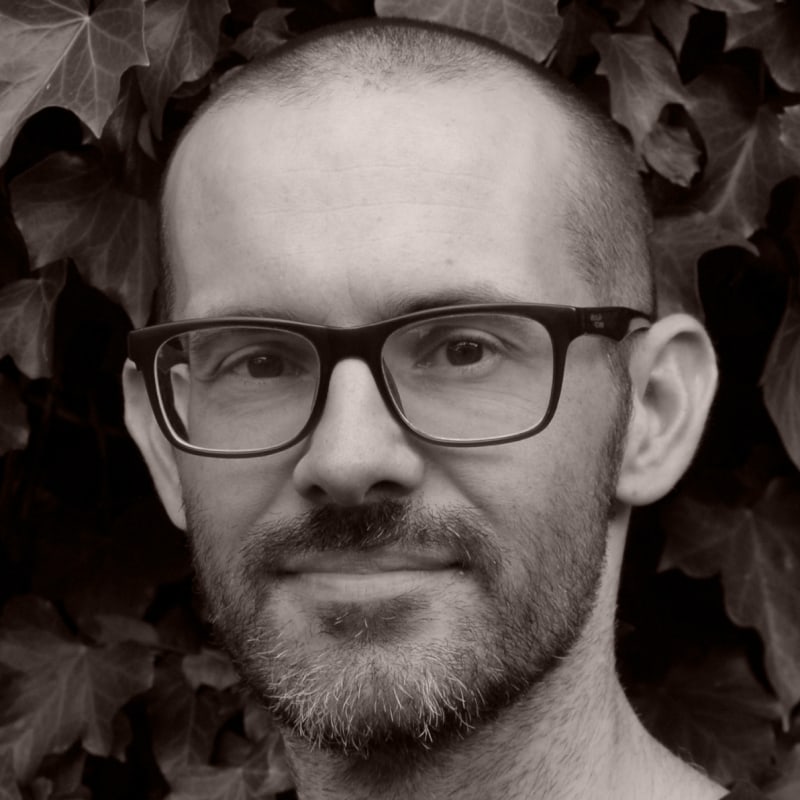
Five recommendations by author and self-confessed philanthropy nerd Rhodri Davies
|
A concept worth understanding:
Analogical thinking, because the ability to identify deep structural similarities between different domains is a powerful way of developing new insights. It is also likely to be increasingly important in a world where we need to differentiate human intellectual capabilities from those of AI.
A book worth reading:
Hope in the Dark by Rebecca Solnit is a powerful reminder that meaningful social progress often happens quickly after a long period of seemingly getting nowhere. So it is vital not to get disheartened when trying to drive change in the world.
A word worth knowing:
Hiraeth is an untranslatable Welsh word that conveys a mixture of homesickness, nostalgia and longing, tinged with sadness for something that has been lost. (Expat Welsh people like me often invoke this when thinking about home!)
An activity worth doing:
Bouldering, because it is the best combination of enjoyable physical activity and mental challenge (and as a result is the one form of exercise I have managed to stick with consistently in my adult life).
A quote worth repeating:
In my line of work, which involves a lot of thinking about the role of philanthropy, it always pays to have in mind Dr Martin Luther King Jr’s warning that “philanthropy is commendable, but it must not cause the philanthropist to overlook the circumstances of economic injustice which make philanthropy necessary.”
(Did you know? Friends of DD can respond to and engage with guest contributors like Rhodri Davies in one click.)
|
|
| |
Books & Accessories
|
Answers to every moral question
Explore philosophical concepts in an entertaining and lighthearted way with the creator of The Good Place and the co-creator of Parks and Recreation. “Can I still enjoy great art if it was created by terrible people? How much money should I give to charity? Why bother being good at all when there are no consequences for being bad? And much more. By the time the book is done, we’ll know exactly how to act in every conceivable situation, so as to produce a verifiably maximal amount of moral good. We will be perfect, and all our friends will be jealous. OK, not quite. Instead, we’ll gain fresh, funny, inspiring wisdom on the toughest issues we face every day.”
|
|
How to restore a world in peril
A book for those looking to address the complex challenges facing our world today with a renewed sense of hope. Academic Thomas Homer-Dixon lays out the tools we can command to rescue a world on the brink. “Hope can’t be powerful if isn’t astute: to have powerfully motivating hope, we need a keen sense of agency, and a keen sense of agency requires that we have a clear plan to create the possible world we desire.”
|
|
| |
Overheard on Mastodon
|
|
There should be an option to make your Roomba swear when it bumps into things.
|
| |
Food for Thought
|
|
Rosie Spinks wonders why so many people in their 30s and 40s lack easy, in-person friendships – the kind of impromptu interactions that keep us sane, nourish us and balance our fast, hyperconnected lives. “We need to make changes to regain the capacity to show up for these kinds of interactions and relationships. I know if I want to be available for more of the kind of recurring, place-based relationships where I can give and receive support, that means I have to be less available for other things. Mostly, the shiny things inside my phone that loudly insist someone else, somewhere else, is doing or saying or something I should know about.”
|
|
|
One of the changes the tech world is undergoing right now is the realisation that Marc Andreessen’s ‘software is eating the world’ manifesto and his advocacy for a growth at all cost is divorced from actual value. Ed Zitron argues that most venture capital had little to do with creating new businesses but instead poured money into vehicles to consume market share until they can be sold. “Whatever Andreessen and his ilk are, they are not ‘optimists’. These are not people fighting to make the world better, or smaller, or more connected. Their war is one where software poisons and monetizes every corner of society, with the costs flowing back to rich and powerful people that can, in turn, add even more tolls to your everyday life. Their influence has turned the tech industry away from making software that deepens the human experience; that empowers us and enriches us through streamlining annoyances, forges connections and makes our lives fundamentally better.”
|
|
|
An enjoyable short piece to remind you to practice kindness and clear-eyed self-restraint. “I have never come out of a situation where I was negative to or about someone else and felt better. Any time I have been disdainful of another person has ended with me wishing I had kept my mouth shut. Turns out that hurting people, even when I think I’m right, even if they ‘hurt me first’, just makes me feel worse, and made their life worse in the process. It has never changed their mind about the thing meaning ‘whatever I disagree with in their conduct’, it only changed their opinion of me, and rightly so.”
|
|
| |
Aesthetically Pleasing
|
|
|
|
Vintage Everyday is a blog (on Blogger!) that showcases captivating vintage photos from the 1800s to the 1990s. (Also on Instagram)
|
|
|
Last week I learned about so-called stave churches – medieval wooden Christian church buildings. They were originally widespread in northern Europe, but today most of the surviving stave churches are located in Norway. Explore them all at this dedicated website.
|
|
|
YWFT Control is a dynamic variable font with clear lines and beautiful curves that imbues power and presence in both branding and body text.
|
|
| |
Notable Numbers
|
|
In a 2023 study, nearly half (47%) of teens aged 13–17 years old responded that they were online ‘almost constantly’. The majority of them use several social media apps and sites every single day, including 71% for YouTube, 58% for TikTok, and 51% for Snapchat.
|
|
|
Besides the unimaginable suffering that the war in Gaza brings to Palestinians, the planet-warming emissions generated during the first two months were greater than the annual carbon footprint of more than 20 of the world’s most climate-vulnerable nations. The first 60 days of Israel’s military response caused emissions equivalent to burning at least 150,000 tonnes of coal.
|
|
|
A report on D&I in the film industry found that a total of 116 directors were attached to the 100 top-grossing US domestic films in 2023, but just 14 of them – or 12.1% – were women. Only four of them (3.4%) were women of colour.
|
|
| |
Classifieds
|
|
Listen to the Time Sensitive podcast. Leading minds on their life and work through the lens of time. Perspectives from art and architecture, to climate, technology, and beyond.
Evanhoe Productions designs the best chatbots, voice agents, immersive experiences, and more. Contact us for workshops to train your team, or collaboration to guide your product.
Vastly improve your business with interim leadership in design, project management, strategy, and operations from Same Team Partners who have decades of hands-on experience,
Soundial is a new organisation specialising in alternative music education. We host online workshops and courses in experimental sound design. All levels welcome. Learn more here.
|
|
Classifieds are paid ads that support DD and are seen by our 36,000 subscribers each week.
Book yours →
|
|
| |
The Week in a GIF
|
|
Reply with your favourite GIF and it might get featured here in a future issue.
|
|
| |
|
DD is supported by Friends and the modern family office of  . .
|
| |






